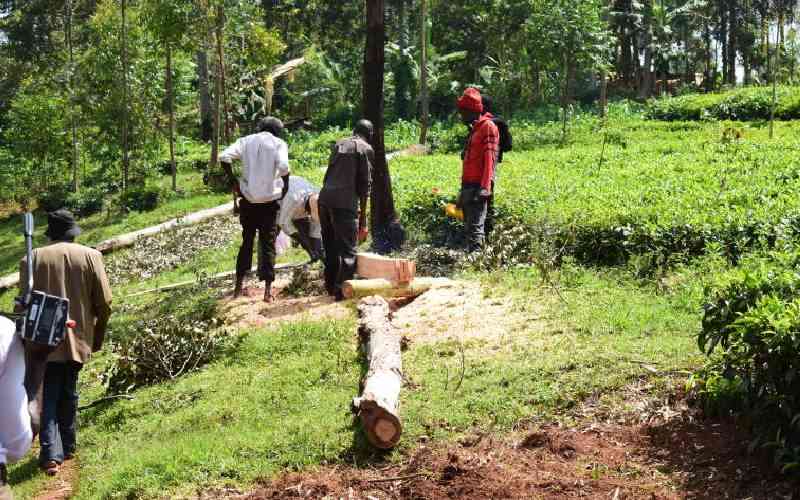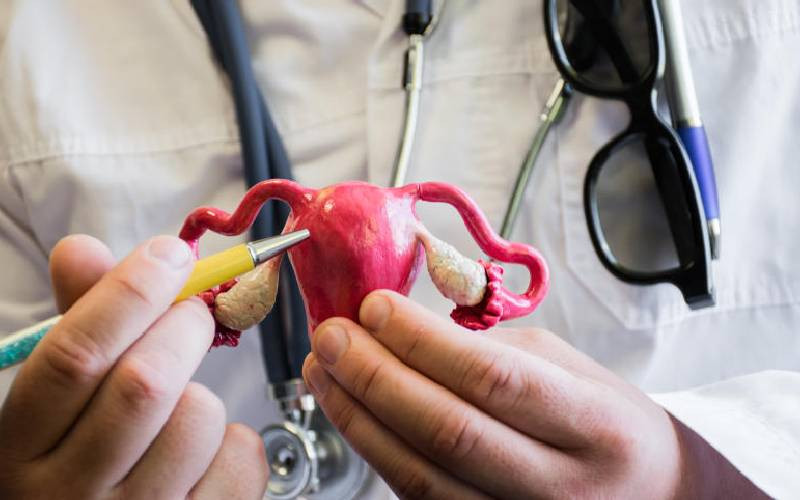Finland has a long-term partnership with Kenya in supporting women’s empowerment and realisation of women’s rights.
During the years of our cooperation and mutual exchange of experiences, many goals have been achieved in Kenya. The Constitution is a clear statement of the will to support women’s political participation. In the Executive, 30 per cent of the Cabinet positions are held by women.
More women than ever before are represented in the National Assembly. Progress has also been made inter alia in mainstreaming gender across the public sector through the Mid Term Plan 2 and in implementing the 30 per cent public procurement preference for women entrepreneurs.
On the occasion of the International Women’s Day, I would like to recognise all of these significant commitments Kenya has made to advance gender equality and women’s empowerment. At the same time, I note that we still have more work ahead of us.
Gender equality has not been fully achieved anywhere in the world. Finland, generally praised for its progress in realisation of women’s rights, is not an exception.
Within the framework of our cooperation, Finland has shared its experiences about women’s participation in political life. Finland was one of the first countries in the world to guarantee women both the right to vote and stand as candidates.
In the first parliamentary elections of 1907 altogether 10 per cent of the members of parliament were women. There were several factors that contributed to developments on women’s political participation in Finland.
The concept of companionship of men and women was rooted in the Finnish mindset and paved way for opening the political space for women. Even today men need to be our key allies in advancing gender equality.
At present, 42 per cent of the Finnish members of parliament are women. There are no legislated gender quotas for national parliamentary elections.
Political parties have however, set their own voluntary quotas. At the same time, the Finnish Equality Law establishes 40 per cent gender quotas for the nomination of public committees.
The role of affirmative action has been significant in increasing women’s representation. We have seen in Finland how women’s role in decision making can benefit the whole socio-economic development of a country.
For Kenya we hope that the modalities to implement the one-third gender rule will be found and that the deadline of August 2015 set by the Supreme Court advisory will be met.
Among the gravest challenges faced by Finnish women is violence. In a recent study by EU’s Fundamental Rights Agency, 47 per cent of Finnish women reported having experienced physical and/or sexual violence since the age of 15.
At the same time the barrier to report incidences of violence is still high.
Stay informed. Subscribe to our newsletter
Each and every one of us, men and women, boys and girls, can challenge gender stereotypes, harmful traditional practices and discrimination against women. Civil society is our key ally both in the preventive work and in providing services for victims.
In Kenya, the political will shown by President Uhuru Kenyatta and his Cabinet in stopping the alarming trend of violence against women including FGM is essential.
Now it is critical that this commitment is followed by implementation of national policies and in allocating the necessary resources to fight violence against women.
During the International Women’s Day, it is important to recall that only through gender equality can violence against women be prevented and sustainable equitable development achieved.
Finland stands at Kenya’s side and is firmly committed to supporting the realisation of these national gender equality goals.
 The Standard Group Plc is a
multi-media organization with investments in media platforms spanning newspaper
print operations, television, radio broadcasting, digital and online services. The
Standard Group is recognized as a leading multi-media house in Kenya with a key
influence in matters of national and international interest.
The Standard Group Plc is a
multi-media organization with investments in media platforms spanning newspaper
print operations, television, radio broadcasting, digital and online services. The
Standard Group is recognized as a leading multi-media house in Kenya with a key
influence in matters of national and international interest.
 The Standard Group Plc is a
multi-media organization with investments in media platforms spanning newspaper
print operations, television, radio broadcasting, digital and online services. The
Standard Group is recognized as a leading multi-media house in Kenya with a key
influence in matters of national and international interest.
The Standard Group Plc is a
multi-media organization with investments in media platforms spanning newspaper
print operations, television, radio broadcasting, digital and online services. The
Standard Group is recognized as a leading multi-media house in Kenya with a key
influence in matters of national and international interest.








